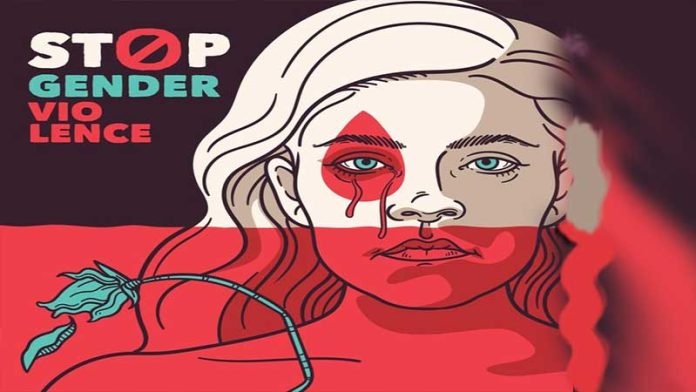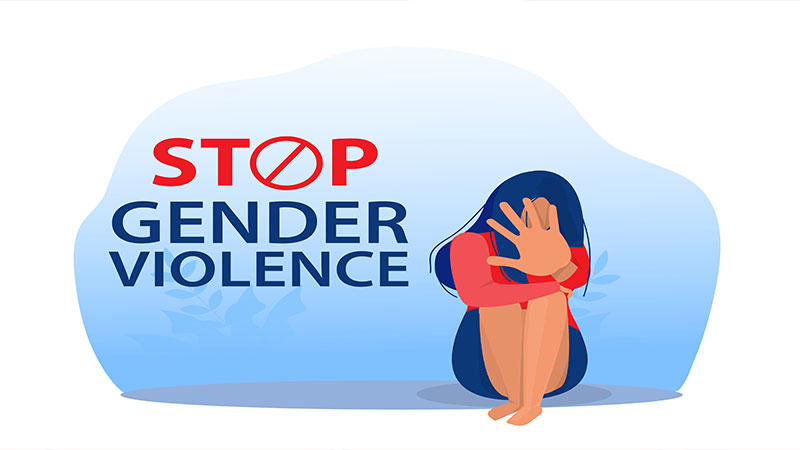
Whether it’s a conflict or a natural disaster, or a disease outbreak, making arrangements for providing proper health care services to gender-based violence (GBV) survivors is a huge deal. GBV can inflict psychological as well as physical health issues. Some of the complications could be depression, sexually transmitted diseases, injury, pregnancy complications, and sometimes even death.
Primary Role of Health Care System
For survivors of such kind of violence, their very first point of interaction is the Health Care System. The part played by health care workers to address GBV is significant in securing life-saving care for risk groups, girls and women. Most of the time, these workers are the one and only point of contact for GBV survivors. Health care workers are not only there for first-line support or immediate medical care. They can also provide extra assistance like legal context or psychosocial support or mental health or livelihood support.

What should we do to make the health care system a powerful apparatus for dealing with GBV survivors? Here are some:
- Put in efforts to get a better understanding of their requirements.
- Providing long-term help, safety to GBV survivors at all stages and providing an adequate response for GBV survivors.
- Get a clear understanding of the effect of GBV on the overall health as well as the well-being of women along with their children.
- Instead of corresponding specialized services, try to incorporate care for Gender-Based Violence Survivors within the health services.
- Make sure that these survivors have their complete privacy with adequate written documentation.
Source: WHO





